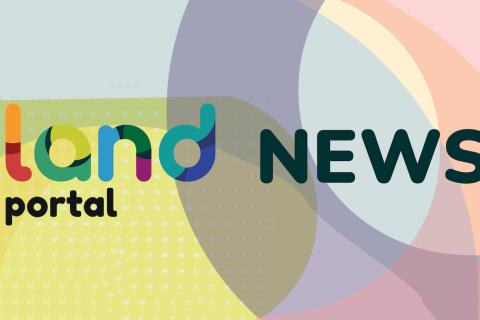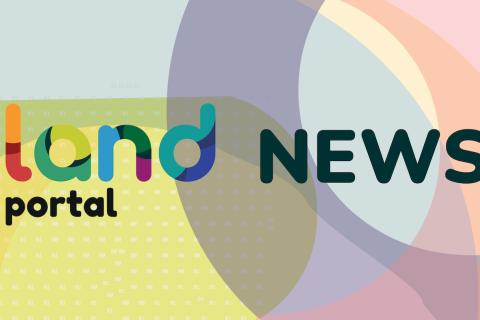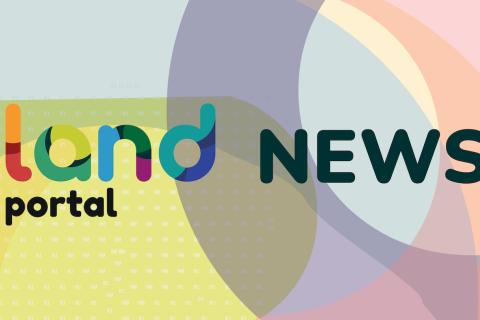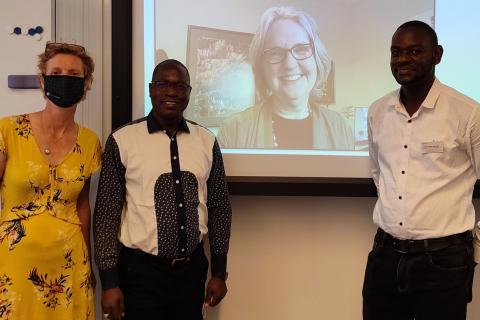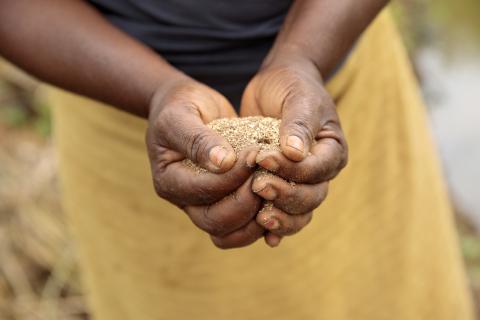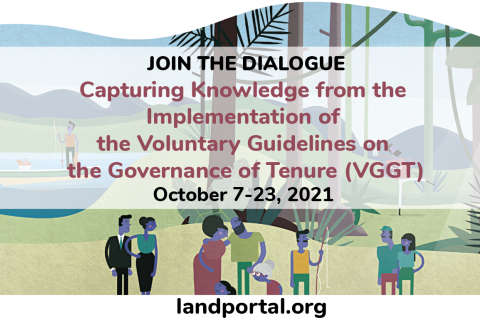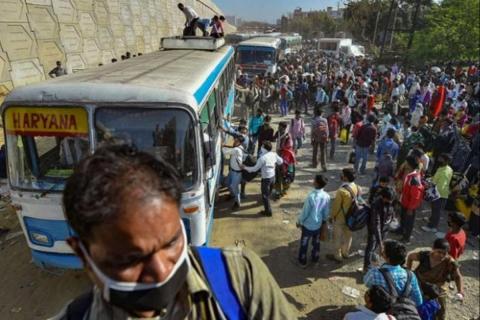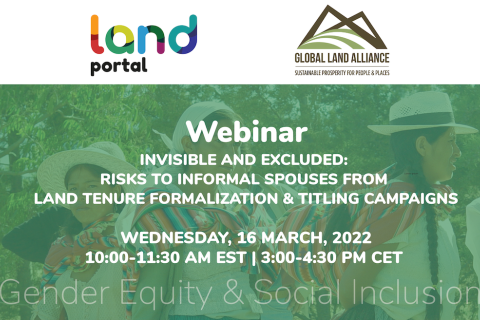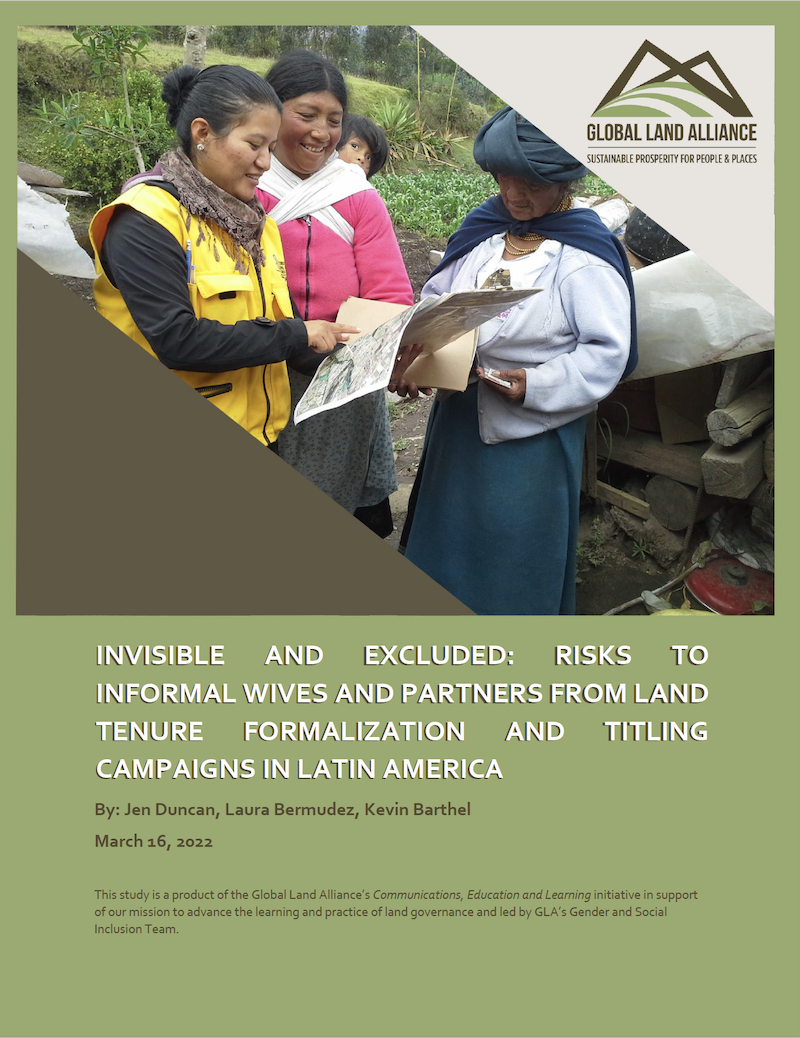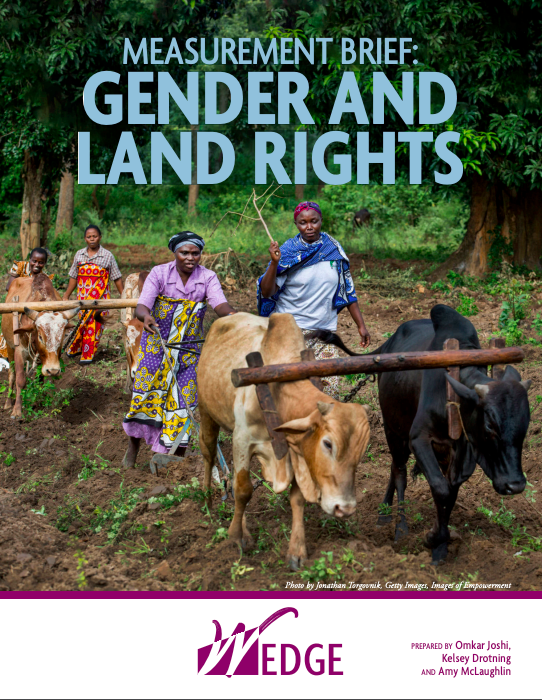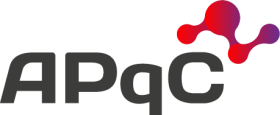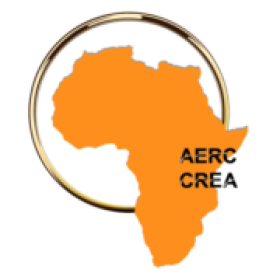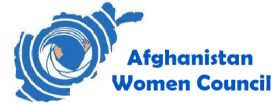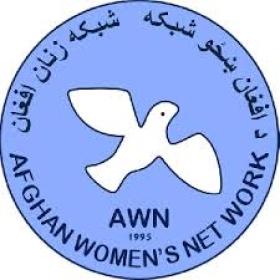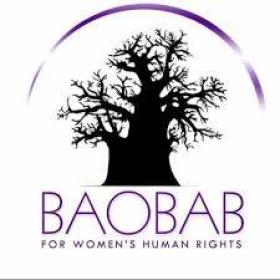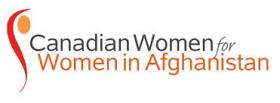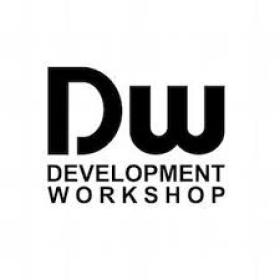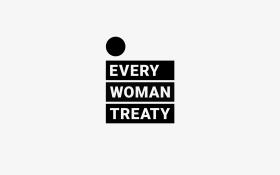Episode 2- Where do we land up on gender equality?
This episode of LandUP! addresses an often overlooked topic by discussing the land rights of widowed women. Widowed women face vastly different hurdles and challenges when it comes to accessing land and this moment of their lives is worth exploring. With this in mind, we spoke to human rights lawyer Faith Alubbe, land economist Nana Ama Yirrah and Mokoro Principal Consultant and Land Portal Board Member Dr. Elizabeth Daley about widowhood and how women's land rights are often tied to a man's, with a specific focus on Africa.

